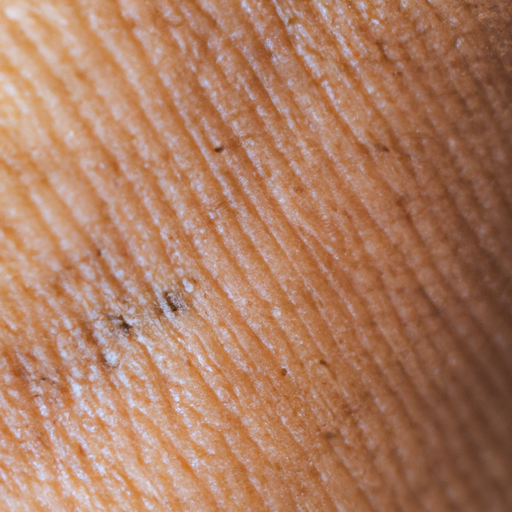As a medical professional, I have encountered countless patients who suffer from dry skin. This condition can be uncomfortable, causing itching, flaking, and even cracking. It can also make you feel self-conscious about your appearance. However, dry skin is not an insurmountable problem. With the right knowledge and care, you can soothe and revive your skin, restoring its natural health and glow.
Dry skin is often a result of environmental factors such as harsh weather conditions, indoor heating, hot showers, and certain chemicals found in soaps and detergents. It can also be influenced by age, genetics, and underlying medical conditions such as eczema or psoriasis. Understanding these factors is the first step to managing dry skin.
To soothe dry skin, it is crucial to moisturize regularly. Moisturizers work by trapping water in your skin, which makes it look smoother and healthier. Look for products that contain ingredients like hyaluronic acid and glycerin, which are excellent at attracting and retaining moisture. Ointments and creams tend to be more effective than lotions because they contain more oil, which helps seal in moisture.
Another key ingredient to look for is ceramides. These are fatty molecules that make up a significant portion of your skin’s outer layer. When your skin is dry, it means you’ve lost some of these ceramides, so replenishing them can help restore your skin’s natural barrier and retain moisture.
Exfoliation is another important step in reviving dry skin. It helps remove the dead skin cells that can make your skin look dull and flaky. However, it’s important not to overdo it as excessive exfoliation can strip your skin of its natural oils, leading to even drier skin. Opt for gentle exfoliants and limit this practice to once or twice a week.
Your diet also plays a role in the health of your skin. Consuming foods rich in essential fatty acids, such as salmon, avocados, and nuts, can help improve your skin’s ability to retain moisture. Additionally, staying hydrated by drinking plenty of water can also contribute to healthier skin.
Lastly, it is important to protect your skin from harsh environmental factors. In winter, wear gloves and scarves to protect your skin from cold winds, and in summer, use a broad-spectrum sunscreen to shield your skin from harmful UV rays.
In conclusion, while dry skin can be a nuisance, it is not a life sentence. With the right skincare routine and lifestyle changes, you can soothe and revive your dry skin. However, if you have persistent dry skin that does not improve despite your best efforts, it may be a sign of an underlying medical condition. In such cases, I would recommend consulting a dermatologist for a professional evaluation and treatment plan. Remember, your skin is the largest organ in your body and it deserves the best care possible.



